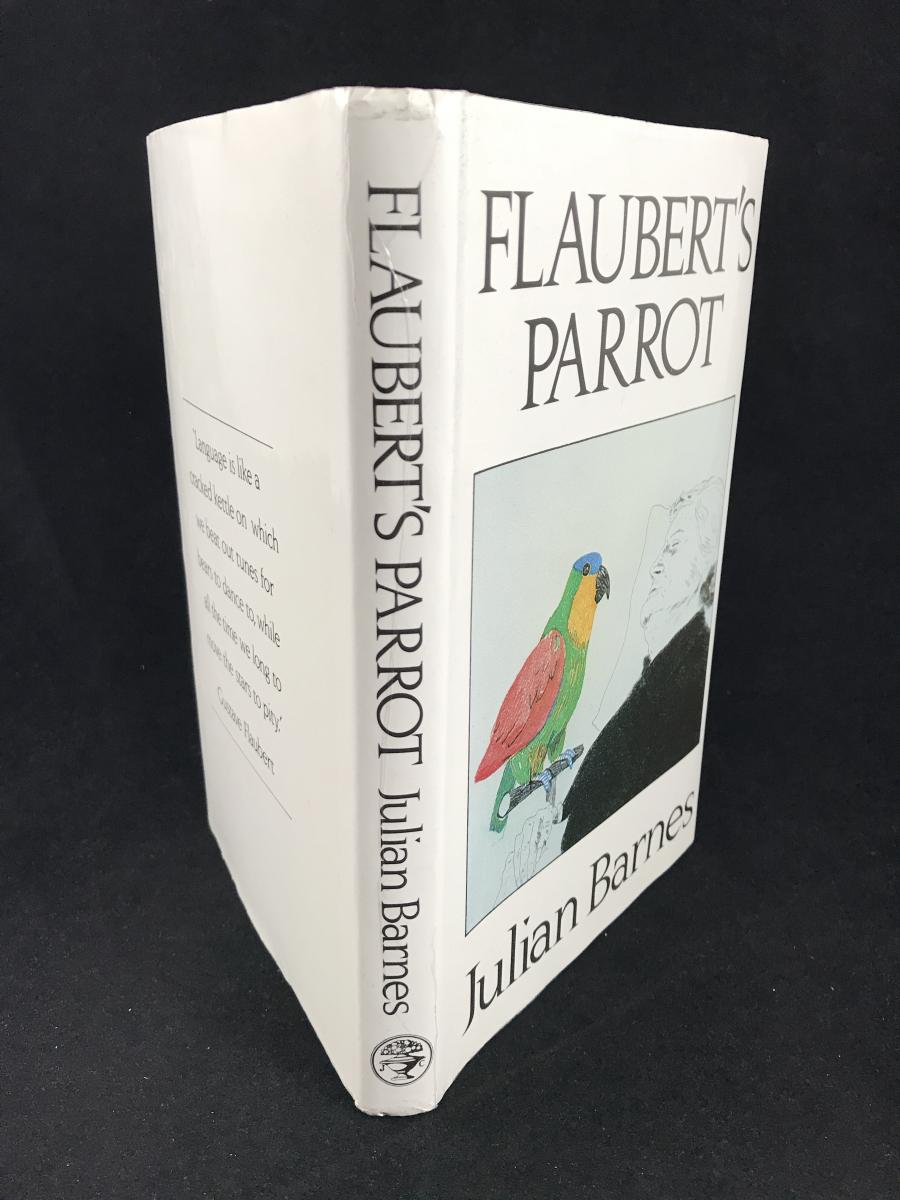

So the novel keeps being drawn to what can only be called critical argument. Yet if the author and his life are elusive, the work is not. Braithwaite's quest is, absurdly, to find the "true" parrot that sat on Flaubert's desk as he wrote Un Coeur Simple, the story of a devout servant who invests most of her religious sentiments in her stuffed parrot. The narrative concerns its narrator's pursuit of biographical truth, and his awareness of the impossibility of this pursuit. He is writing criticism himself.īarnes's novel might itself be seen as a fictional pretext for its author's own literary criticism. He mocks critics who claim that narratorial omniscience is impossible: "Man's knowledge is partial, therefore the novel itself must be partial." Yet the pretend-errors and hesitations of the modern novelist are just as self-indulgent as "the assumed divinity of the 19th-century novelist". His rhetorical assaults on the follies of academic analysts of Flaubert are academically well-informed. Barnes passes to his narrator the anti-critical animus. So traditional is the novelist's disdain for critics that one whole section of Flaubert's Parrot consists of Flaubert's acerbic denunciations of professional criticism.

Laurence Sterne took this even further in Tristram Shandy, imagining the critic who would hate his own novel to be the same judge who measured a Garrick soliloquy with a stop-watch and pronounced it deficient. The critic is always there, failing to catch him out. Henry Fielding first found it useful, throughout his novel Tom Jones, to address a censorious, rule-obsessed critic ("my good reptile") who keeps failing to catch the tone of a good writer. This fictional figment is almost as old as the English novel criticism has always been part of fiction as well as commentary upon it. The narrator likes nothing more than having a critic to differ from. The critic is the professional misinterpreter, with whose errors you might compare your own more tolerant or modest appreciation of fiction.

"Let me tell you why I hate critics," says the Flaubert-obsessed narrator, Geoffrey Braithwaite.

"The critic" - pedantic, arid, wrong-headed - is one of its imagined characters. Julian Barnes's Flaubert's Parrot is an appropriate novel with which to begin a column on literary criticism, for literary criticism is one of its subjects.


 0 kommentar(er)
0 kommentar(er)
